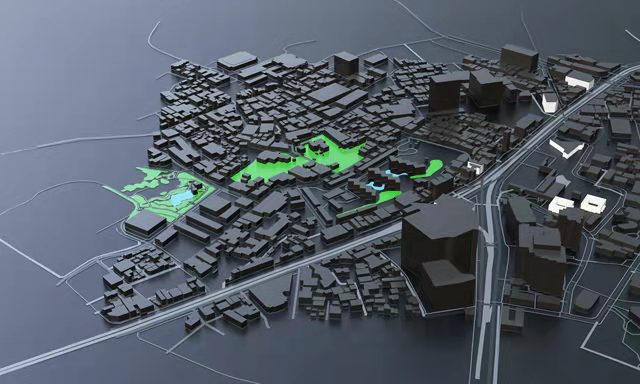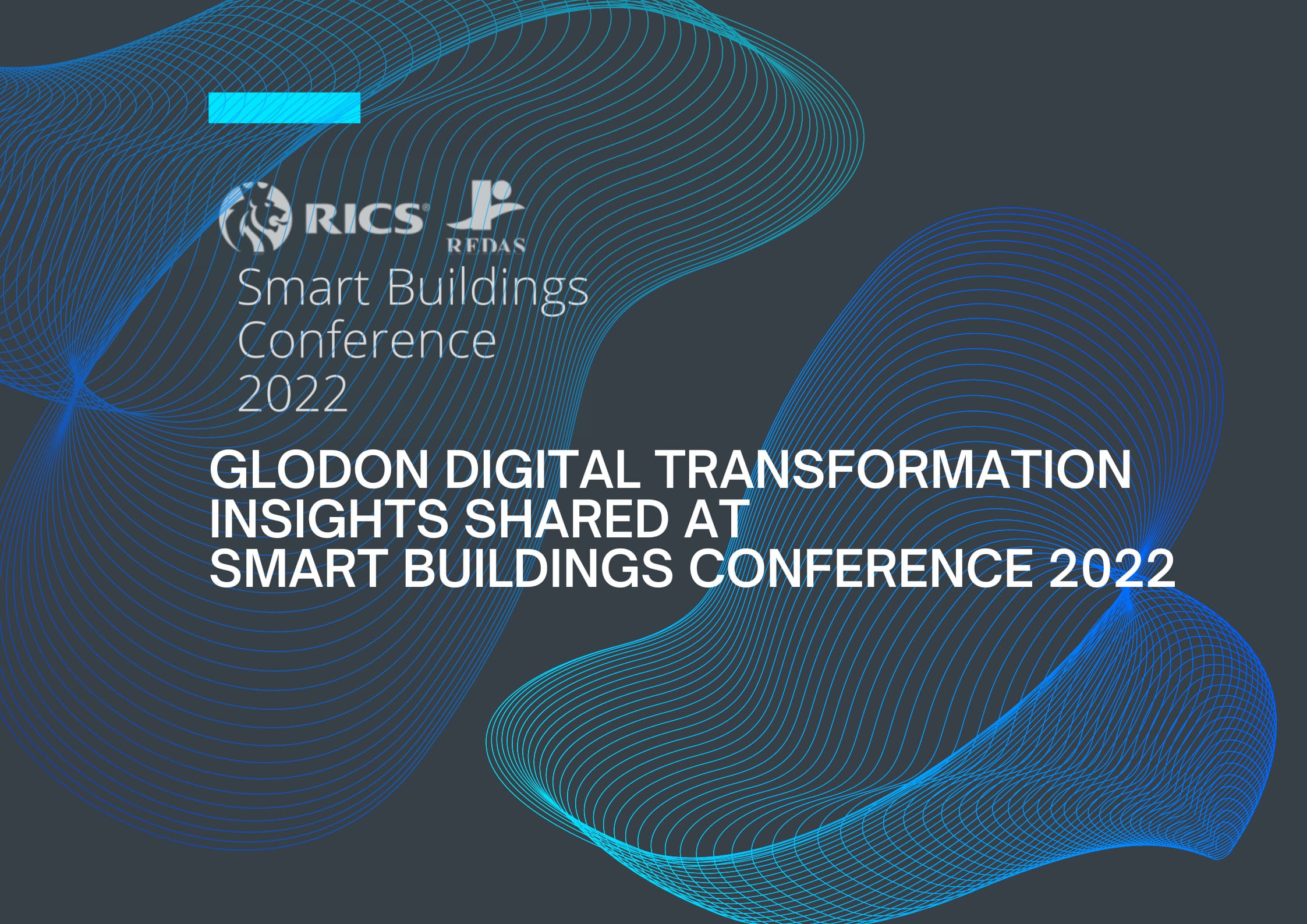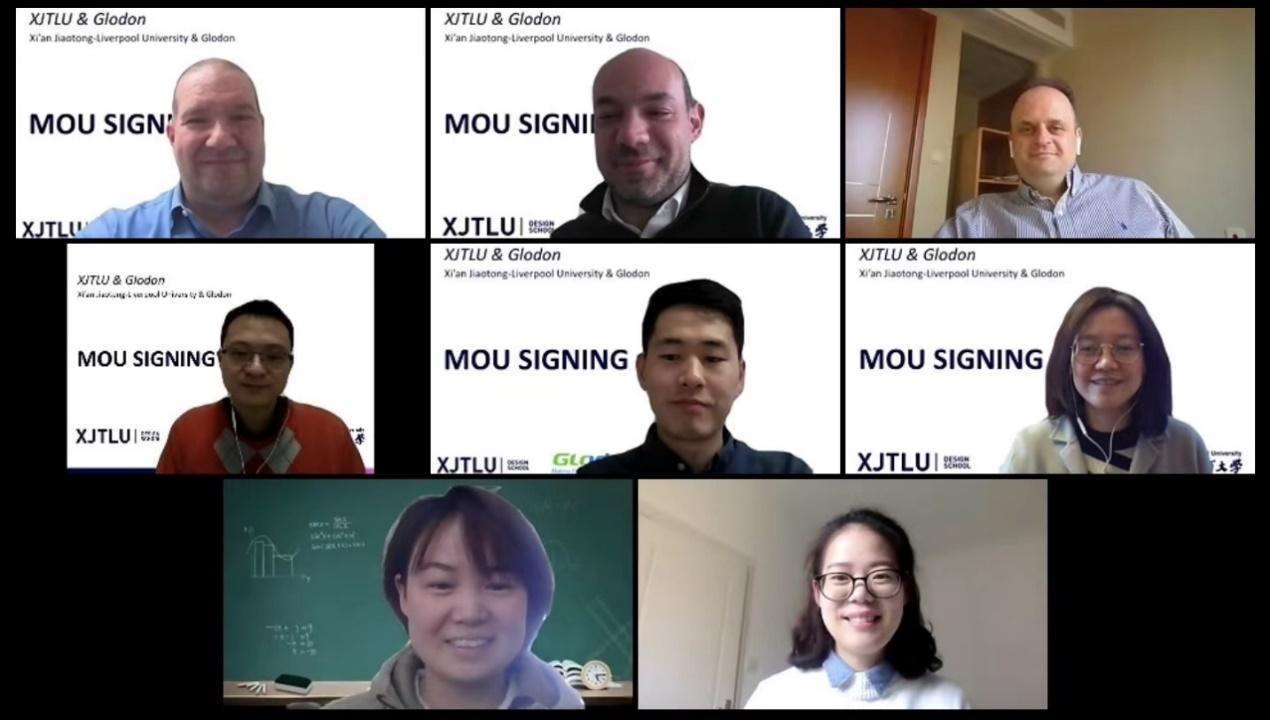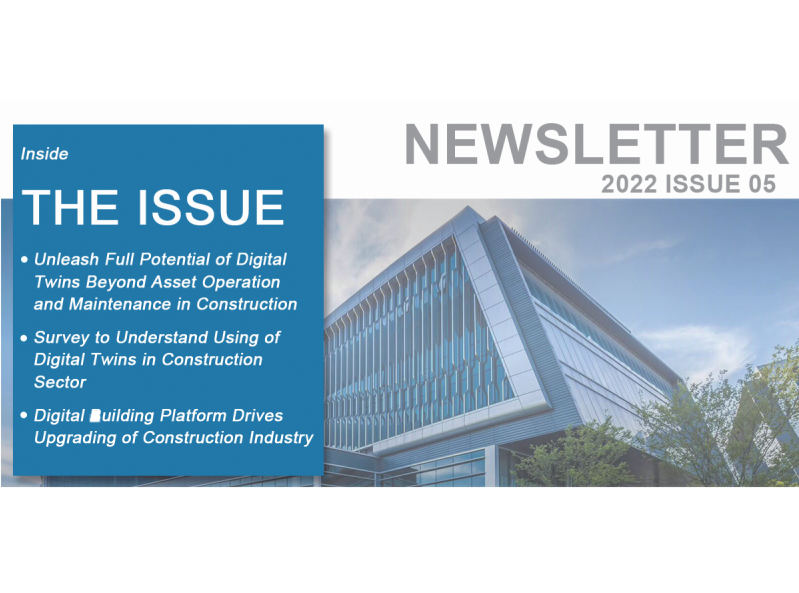Oct 31.2024
Driving Sustainability with CIM-Based New Paradigm in Urban Development
World Cities Day, celebrated annually on October 31, highlights the critical importance of sustainable urban development and the collective responsibility of urban stakeholders. As cities continue to grow, they face pressing challenges such as rapid urbanization, climate change, and resource scarcity. These trends necessitate innovative approaches to city planning, construction, and management that prioritize sustainability.
One significant trend is the increasing urban population, projected to reach 68% of the global population by 2050. This growth places immense pressure on urban infrastructure, housing, and services. In response, cities are adopting sustainable development goals (SDGs) that emphasize integrated urban planning, smart infrastructure, and resilient ecosystems. The integration of smart technologies, such as Internet of Things (IoT) devices and big data analytics, is also transforming how cities operate. These technologies enable real-time monitoring of urban systems, leading to more efficient resource management and improved quality of life for residents.
Moreover, environmental concerns are driving cities to prioritize green infrastructure and sustainable practices. Initiatives like green building standards, renewable energy adoption, and urban green spaces are becoming increasingly commonplace. These efforts not only mitigate the impacts of climate change but also promote public health and community well-being.
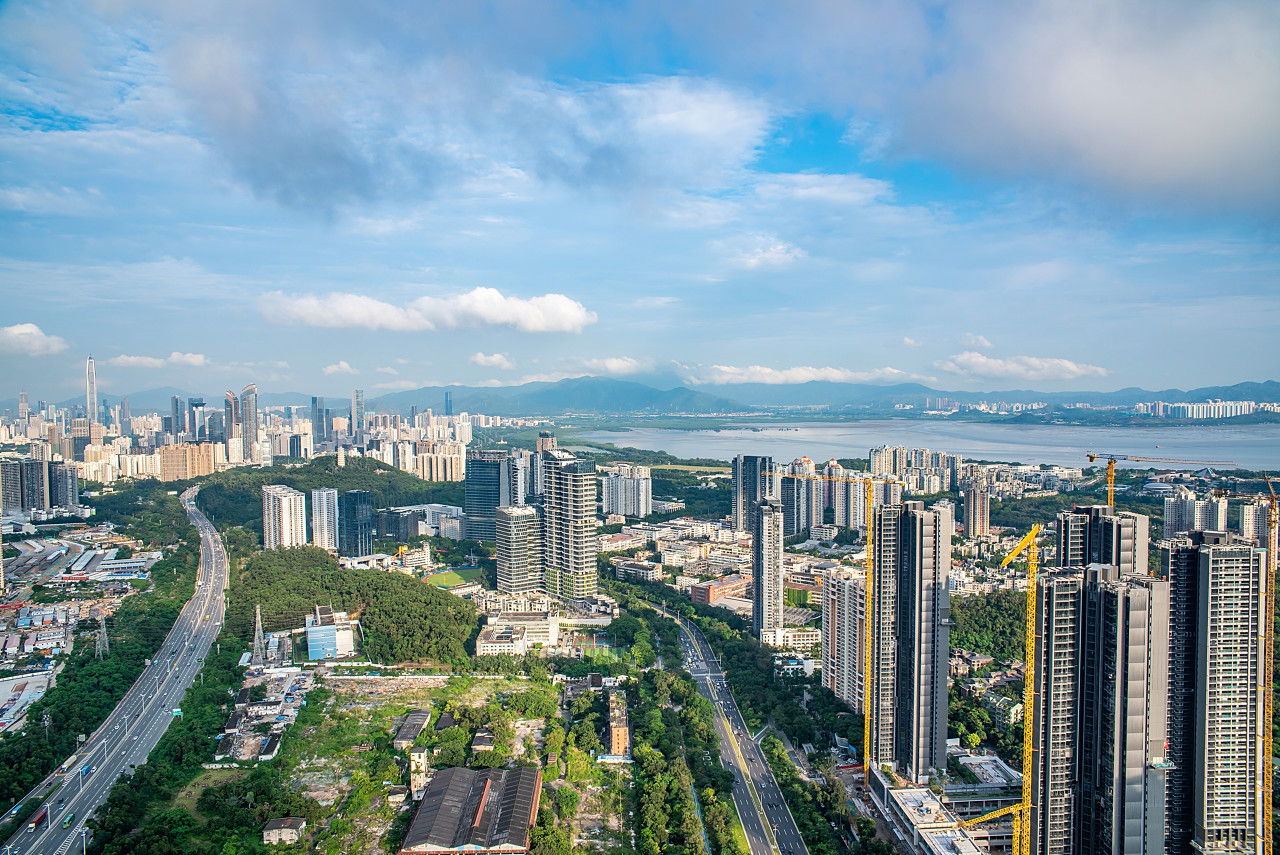
However, achieving urban sustainability is a complex issue that requires collaboration across various sectors. Recognizing this need, industry leaders are advocating for innovative strategies that leverage digital transformation and collective expertise.
During the World Cities Day China Observance, Glodon's Vice President Guo Jianfeng, and Assistant Vice President Xie Gang presented insights that align with these emerging trends. Guo emphasized the necessity for new quality productive forces in the construction industry, focusing on the principles of "Four Goods, Three Transformations, and Two Innovations." By committing to building good houses, neighborhoods, communities, and districts, the industry can enhance the quality of urban life. His vision encompasses the need for industrialization, green practices, and digitalization, mirroring the overarching trends shaping urban development today.
Furthermore, Guo highlighted the integration of Building Information Modeling (BIM) and Geographic Information Systems (GIS) through the development of Glodon’s CIMCube platform. This platform supports innovative urban planning and management, aligning perfectly with the call for data-driven decision-making in complex urban environments.
Xie Gang, in his address, proposed an integrated solution based on the City Information Modeling (CIM). This approach aims to unify the phases of urban planning, construction, management, and operation, presenting a new approach to future-oriented urban governance and ecological development. By leveraging digital technologies, cities can optimize their operations, ensuring resilience and sustainability.
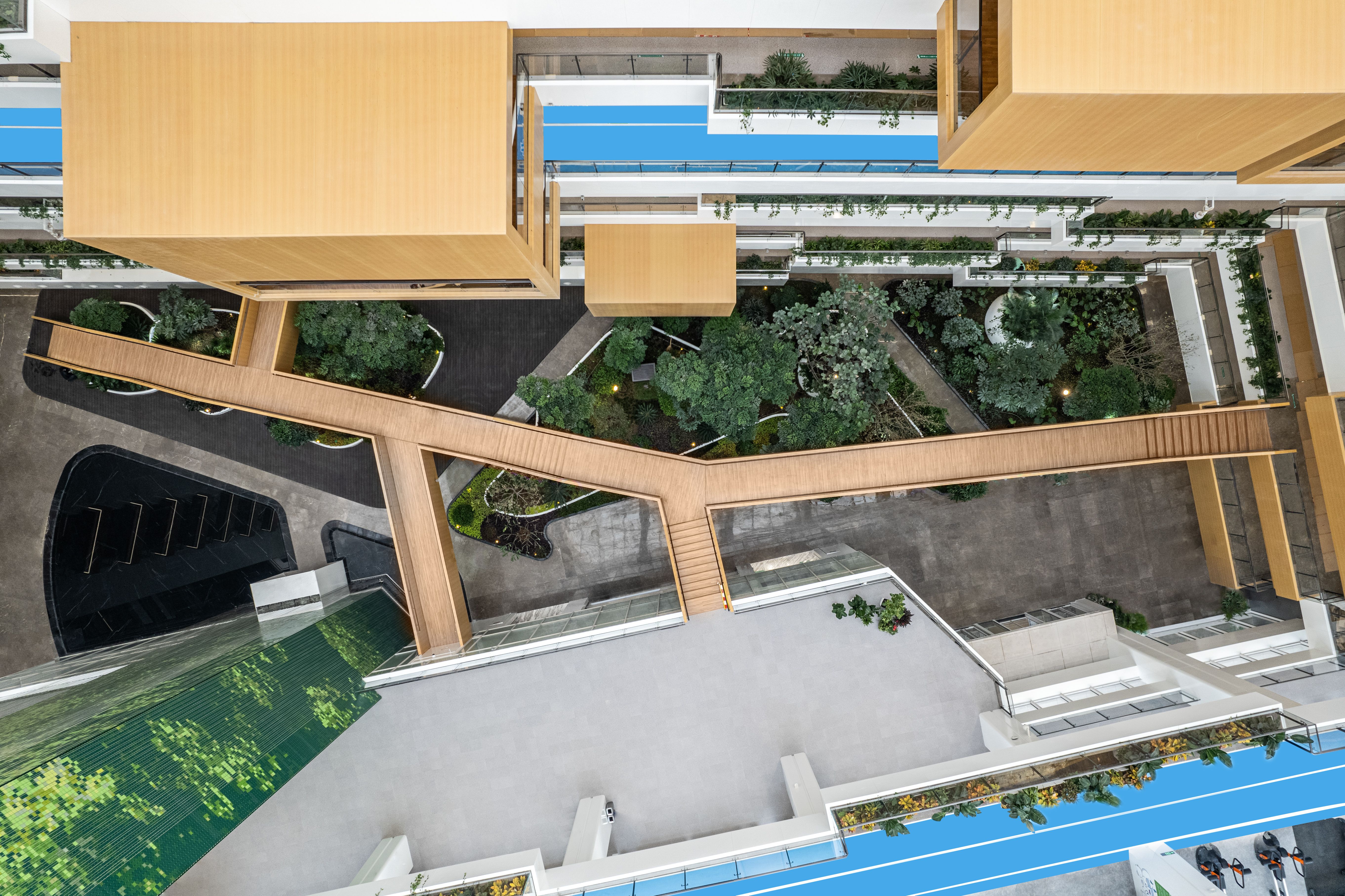
This solution has been successfully implemented in various projects, such as Fuzhou Binhai New Town, Chongqing's Guangyang Island, Wuxi's Lihu Future City, Chengdu’s Xinjin District, Beijing Daxing International Airport Economic Zone, Qingdao's Central Business District, and Xiong'an Citizen Service Center.
Based on the concept of digital building, Glodon has accumulated rich practical experience across the entire lifecycle of urban development. In the planning phase, Glodon utilizes integrated regulations and data fusion to analyze and optimize land use and spatial layouts. During the construction phase, the company has established a comprehensive monitoring system that applies CIM and BIM technologies to consolidate data from various construction projects and onsite supervision. This integration allows for a holistic view of project investments, progress, safety, quality, personnel, and environmental factors, enhancing the capability of project management through intelligent monitoring platforms and analytical tools.
In the management phase, Glodon employs digital technologies to build monitoring and management systems for municipal infrastructure and ecological environments, ensuring urban safety and livability. As cities transition to the operational phase, Glodon is actively exploring a dual-driven model that integrates physical operations with data-driven insights.
Glodon's CIM platform, designed to empower the entire process of urban planning, construction, operation, and management, aims to enhance the integrated operational level of cities and ensure that cities can effectively translate their blueprints into reality.
World Cities Day serves as a vital reminder of the importance of sustainable urban development in a rapidly changing world. The trends of increasing urbanization, digital transformation, and environmental sustainability are shaping the future of cities. By embracing innovative practices and collaborative frameworks, urban stakeholders can work together to build cities that are not only sustainable but also vibrant and resilient for generations to come.?
Glodon's commitment to the digital transformation of the construction industry aligns with these goals, paving the way for high-quality urban development in an increasingly complex landscape.



